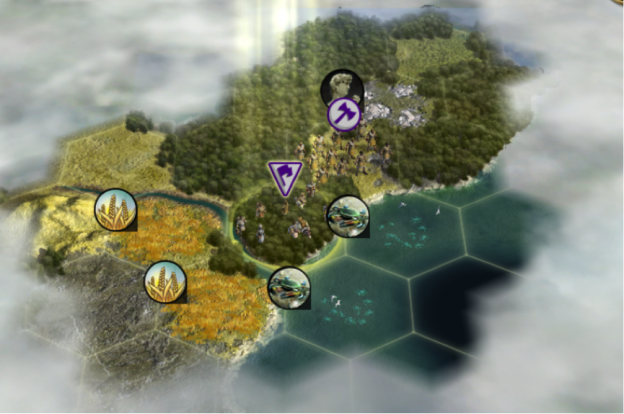Serious games for the serious work of history?
‘The culture at large’ as Katie Salen and Eric Zimmermann note ‘does not yet see games as a noble, or even particularly useful endeavour.’ Since those words were written in May 2003, there has been a marked transformation in the esteem with which digital games are regarded. As Benjamin Devane comments ‘Once reviled for changing young people into anti-social and potentially violent lay-abouts, games are now praised for their capacity to transform peoples’ learning practices.’ In part this rehabilitation can be traced through the rise of the serious game. Serious games, as Ute Rittefeld, Michael Cody and Peter Vorderer argue, focus on ‘deeper learning in the context of an enjoyable experience.’ They are games that have been ‘developed with the intention to be more than entertainment.’ They aim to achieve the holy grail of pedagogy by taking the discomfort out of learning through masking it with play. As Elly Konijn and Marye Nije Bijvank note ‘play offers possibilities to experience the execution of developmental tasks without being aware of the developmental goal.’ Thus games allow for learning by stealth.
Read More: History as it can be played: A new public history?

